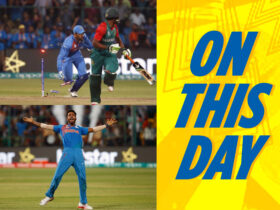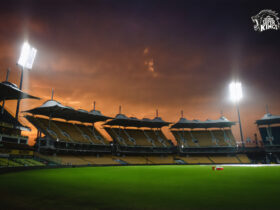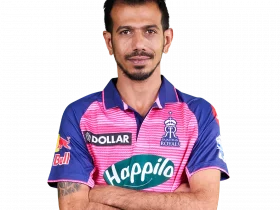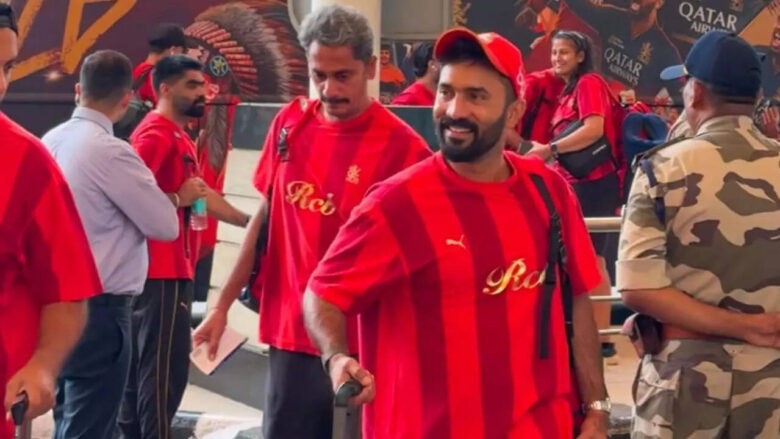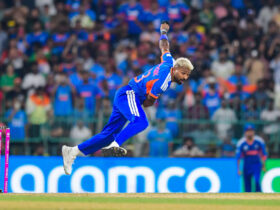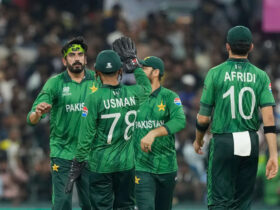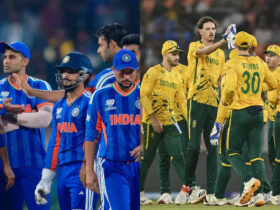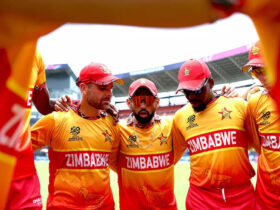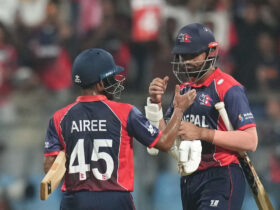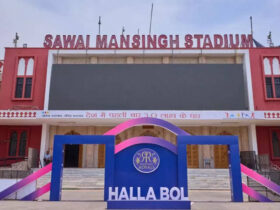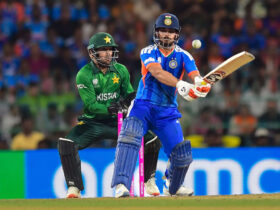Introduction: In the high-octane world of the Indian Premier League (IPL), where every match is a spectacle, there are heroes beyond the boundary who rarely get their due. On May 8, 2023, when the floodlights failed in Dharamsala during a crucial match, plunging the stadium into darkness, it wasn’t just the players who faced a crisis. It was the unsung logistics and operations teams who stepped up to ensure safety and order amidst utter chaos.
The Night of Uncertainty in Dharamsala: As the floodlights went off in the 11th over at the picturesque HPCA Stadium, a wave of panic swept through the players’ dugouts and the stands. Reports of a security threat in nearby Pathankot, just 90 kilometers away, intensified the tension. Arvinder Singh Negi, Head of Logistics and Travel Operations at Delhi Capitals, couldn’t help but recall a similar crisis in 2020 during an India-South Africa ODI, canceled due to the onset of COVID-19. ‘Not again,’ he muttered under his breath as he sprang into action. Back then, Negi had managed the evacuation of the South African team via a charter flight from Kolkata. But Dharamsala, in 2023, presented a different beast altogether—’absolute chaos,’ as Negi described to TimesofIndia.com.
Navigating the Crisis: With no clear directive initially, Negi and his team scrambled for solutions. Plans to move the Delhi Capitals contingent to Una or Pathankot were quickly dismissed due to safety concerns, including reported drone attacks in the region. Returning to the team hotel was deemed risky, potentially exposing players as targets. A downhill road journey to Jalandhar was another dangerous option. Finally, a breakthrough came when Negi’s team secured a nearby resort, booked on the spot after the match was abandoned. ‘We convinced the players and their families they’d be safe there overnight before heading to Jalandhar the next morning via the Vande Bharat train to Delhi,’ Negi recounted.
A Day in the Life of Logistics: For Vikram Hastir, team manager of Punjab Kings, such high-pressure scenarios are just part of the job. Speaking from Jaipur ahead of a clash against Rajasthan Royals, Hastir emphasized the importance of contingency planning in the IPL. ‘We always have Plan A, B, and C ready,’ he told TimesofIndia.com. However, he didn’t shy away from highlighting the logistical nightmare that is Dharamsala. Nestled amidst the stunning Dhauladhar range, the venue poses unique challenges: limited airport capacity means smaller aircraft, restricted baggage loads, and prioritized passenger lists. ‘I manage a contingent of around 100 people. Aircraft can only take 50-55 passengers at a time, so tough calls are inevitable,’ Hastir explained with a wry chuckle.
Beyond Dharamsala—Logistics Across Teams: Each IPL franchise approaches logistics differently, but the goal remains the same—seamless movement for players, support staff, and families across cities during the grueling two-month tournament. Luggage often arrives a day before matches, players’ kits are ferried directly from stadiums to airports, and ‘bags out’ alerts are promptly shared on team WhatsApp groups. While most teams opt for commercial flights, Gujarat Titans prioritize comfort with charter flights. ‘Since our inaugural season in 2022, we’ve stuck to charters. It’s costlier but worth the convenience,’ said Colonel Arvinder Singh, COO of Gujarat Titans, adding, ‘Our operations team ensures players don’t even have to think about their socks.’
The Human Touch Amidst Errors: Despite meticulous planning, mistakes happen—after all, these are humans, not machines. Hastir recalls losing his temper last year when Shikhar Dhawan’s kit bag was misplaced en route to Bengaluru. ‘I laughed it off later with Shikhar, but at that moment, I was livid,’ he admitted. Such incidents remind us of the immense pressure these teams operate under, ensuring that the IPL’s 22-yard drama unfolds without a hitch off the field.
Conclusion: The IPL isn’t just about breathtaking sixes or nail-biting finishes; it’s equally about the tireless efforts of logistics personnel who work in the shadows. As Arvinder Negi aptly puts it, ‘We are the Humans of the IPL. We always work on the road.’ These unsung heroes, from Negi to Hastir to Colonel Singh, are the backbone of the world’s richest cricket league, turning potential disasters into stories of resilience and ensuring that the show goes on, no matter the chaos.


